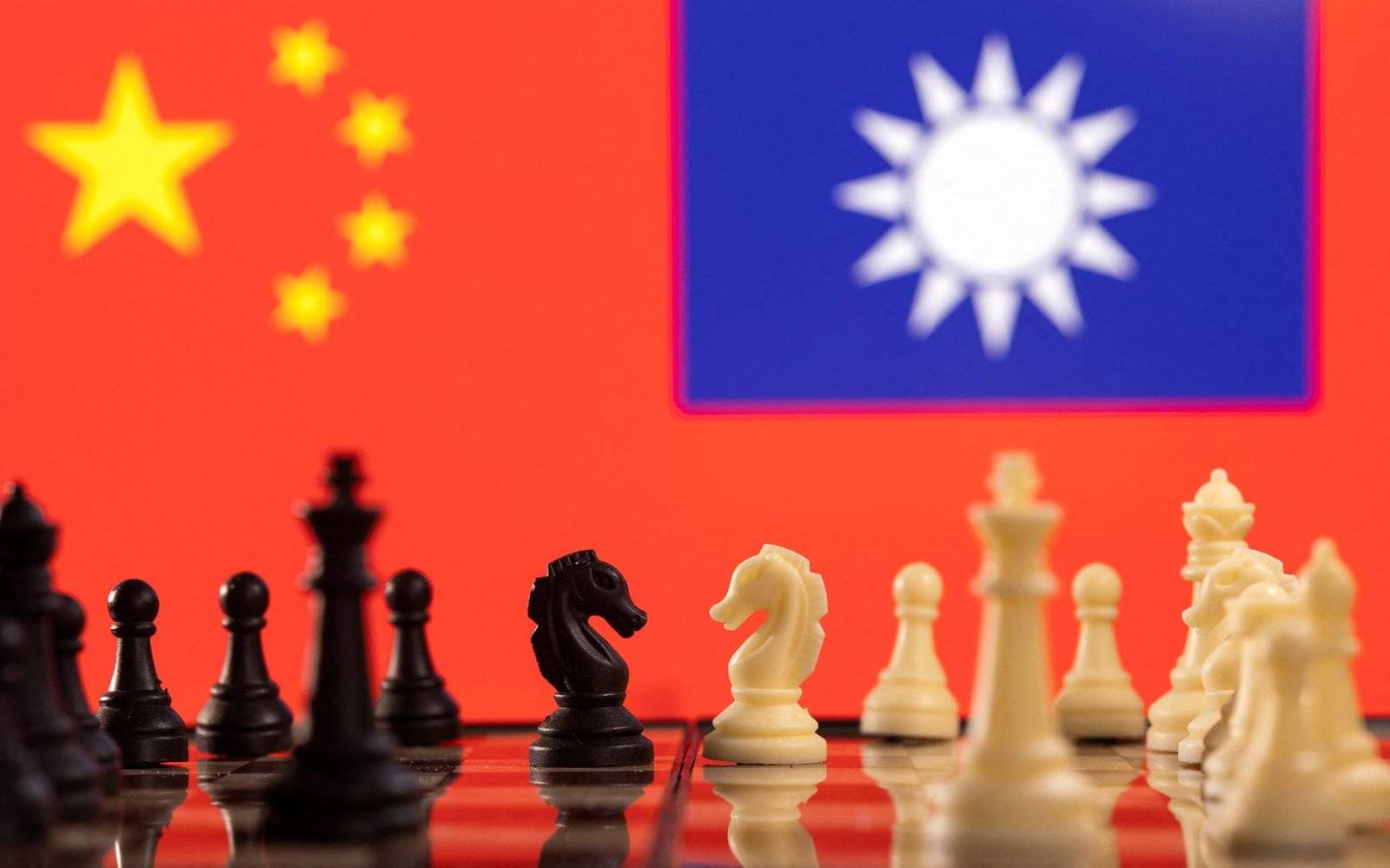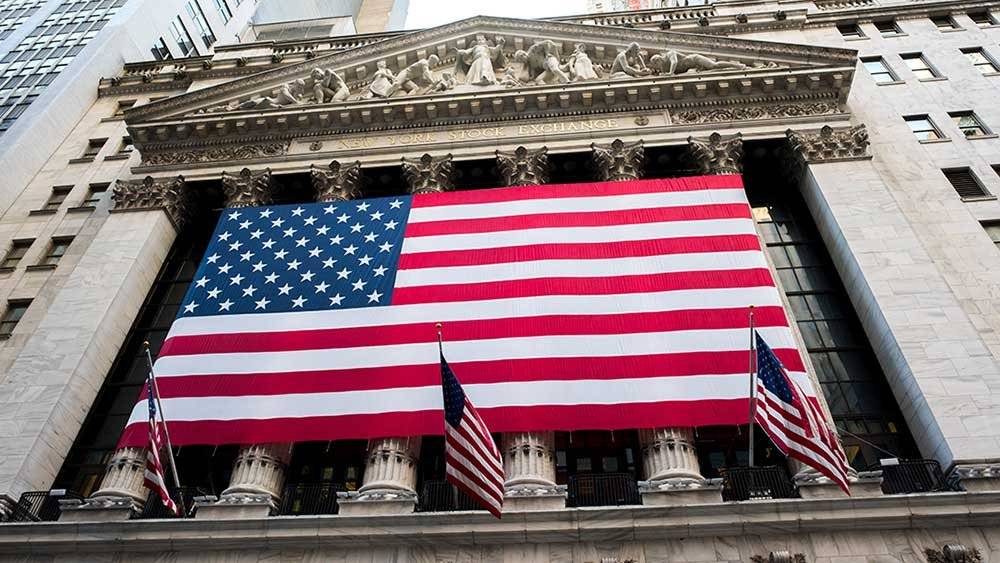Taiwan Selling More To The US Then China Signals A Major Shift In The Country’s Political And Economic Situation.
China, with the second largest economy, is threatening to seize Taiwan, a democratic country, if necessary, Taiwan prefers switching toward the United States. Taiwan has become a crucial U.S. partner in trade and investment, health, semiconductor and other key supply lines, investor screening, science and technology, education, and promoting democracy values. Also The United States approach to Taiwan has stayed consistent across decades and governments.
Since the beginning of 2024, the U.S. has been Taiwan’s largest export market, beating out mainland China. This was very different from the previous year when the same numbers were available. Taiwan’s government says that in the first three months, the island gained $22.4 billion from mainland China and sold $24.6 billion worth of goods to the US. The Ministry of Economic Affairs of Taiwan says that last year, the island’s investments in mainland China dropped by 40% to $3 billion. This is the lowest amount of investments seen in over 20 years. In 2023, Taiwan had $9.6 billion invested in the U.S., which is nine times as much as in 2015.
Washington and Taipei reached a trade agreement last year, and they’re currently debating the next step. American legislators also have suggested a measure to remove double taxation on Taiwanese companies and workers in the U.S.
Taiwan Selling More To The US:
The world’s top computer chip maker, TSMC, indicated last month that it will boost its U.S. spending to $65 billion. That happened after the Biden administration offered up to $6.6 billion in incentives that would put the company’s facilities in Arizona on track to make approximately one-fifth of the world’s most complex chips by 2030.
Apart from its U.S. investments, TSMC is putting money into Japan, a big U.S. backer in the field. Foxconn, a Taiwanese company famous for being Apple’s major contractor, is growing production capacity in India, while Pegatron, anotTaiwaneseiwan business that makes parts of iPhones and computers, is investing in Vietnam.
King Yuan Electronics Corp., a Taiwanese corporation specializing in semiconductor testing and packaging, stated last month that it will sell off its $670 million investment in a partnership in the eastern Chinese city of Suzhou. KYEC highlighted geopolitics, the U.S. export limitation on advanced chips to China, and Beijing’s desire to create self-sufficiency in the technology.
While Top US-based tech organizations like Google, Qualcomm, and Micron Technology have raised their interests in Taiwan over the past decade. Some businesses have developed to take advantage of Taiwan’s cheap engineering ability, while others are seeking to be close to significant hi-tech supplies.
The Continous Tension Between Taiwan and Beijing:
Since the 1990s, Beijing has worked to balance its claim over the island with advantageous economic and trade policies, attempting to build stronger links that may make it difficult for Taiwan to break away.
When the independent-leaning Democratic Progressive Party achieved power in Taiwan in 2016, the new administration put forth a policy to isolate the island from the mainland and establish economic relations with other nations in the area, notably in Southeast Asia. Unhappy Beijing resorted to its economic might to attempt to bring Taiwan to heel.
It has barred travel by mainland visitors to the island and halted the importation of Taiwanese seafood, fruits, and snacks. In 2021, China banned Taiwan-grown pineapples alleging biosecurity concerns, startling Taiwanese growers whose exported fruit nearly all went to the mainland.
Ralph Cossa, president emeritus of the Honolulu-based foreign policy research organization Pacific Forum, said Beijing’s actions had helped push the island away.
“Chinese President Xi Jinping is tactically clever but strategically foolish in many of the decisions he has made; his loyalty tests on Taiwan businessmen and other heavy-handed business practices and decisions have been a major contributor to the success of Taiwan’s policy to distance itself from China.”
-Ralph Cossa

Andrew is a New York-based markets reporter at The Wall Street , covering the latest news from Wall Street, the rise of the spot bitcoin exchange-traded funds and updates on crypto markets. He is a graduate of New York University’s business and economic reporting program and has appeared on CBS News, YahooFinance and Nasdaq TradeTalks. He holds BTC and ETH.







